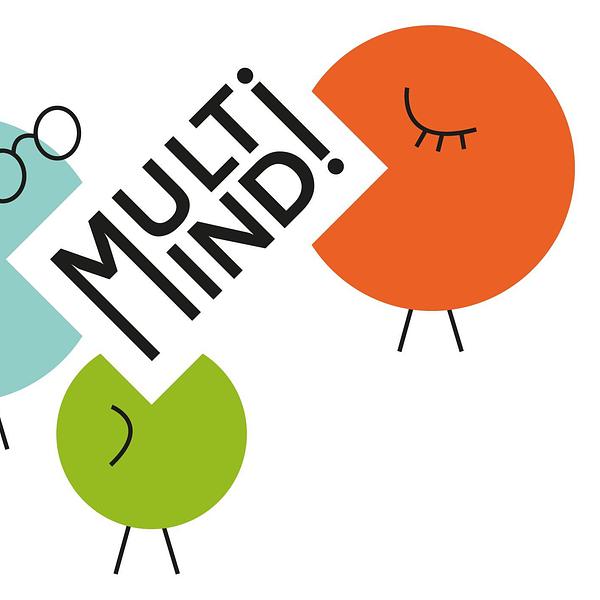
The Multilingual Mind, or MultiMind, is an international, multidisciplinary and multisectorial training network on multilingualism.
Europe has experienced several waves of migration within the 20th century that have led to the establishment of multilingual communities across the continent. A current large influx of migrants and refugees will lead to a considerable increase of multilinguals within Europe.
Understanding the benefits and challenges of being multilingual is crucial for the education, wellbeing, and employment of immigrants and can impact their integration and prospects in Europe as well as the prospects of the European countries.
The mission of MultiMind is to seek fundamental breakthroughs in multilingualism research whilst training the new generation of researchers in world-leading labs using cutting edge methodologies and allowing them to build the necessary background and skills fostering their career progress as independent researchers in academic or non-academic sectors, in the first international, multidisciplinary, and multisectorial program on multilingualism.
MultiMind will conduct fundamental research on multilingualism across disciplines in a range of different social and educational settings, including migration and refugee settings, to investigate the influence of multilingualism on language learning, cognition, creativity, and decision making, on brain function and structure, and its role as a reserve in atypical populations. These issues are of prime importance for the future construction of shared cultural, educational, and health settings across Europe. Indeed, one of the big current challenges in Europe is the integration of refugees and immigrants into European states and the integration among European citizens living in different countries in Europe. Inevitably, this challenge starts and has the best chances to be won by focusing on the educational systems and on the influence that the use of languages has in daily life.
MultiMind is international in nature and will federate world-leading scientists from European and non-European countries with proven expertise conducting research in specific types of multilingual populations and methodologies. To address the interplay of multilingualism with education, cognition, brain, and health it is necessary to take a multidisciplinary approach. Therefore, MultiMind is a multidisciplinary consortium comprising researchers within linguistics, psychology, education, neuroscience, and speech & language therapy.
MultiMind is also a multisectorial project that includes not only academic, but also non-academic beneficiaries and partners from education, health, publishing, and IT. Non-academic beneficiaries and partners will provide training in evidence-based research and non-academic secondments. This will enable early stage researchers (ESRs) to put theoretical knowledge into practice, experience working within non-academic organisations and develop transferable skills and will prepare ESRs for employment not only within the academia, but also in a range of other professions within the private and public sector. These organisations will also benefit from the knowledge obtained from MultiMind that promises to lead to best practise for inclusive education and health. It turn, this will have a significant impact on multilingual societies in Europe and across the globe.
Read more about the project team, activities and publications on the Multimind website: www.multilingualmind.eu
Bilinguismo Conta @Milano-Bicocca has published a new Newsletter, entitled "Bilinguismo e Disturbo Primario del Linguaggio" ("Bilingualism and Developmental Language Disorder").
Find out about the MultiMind Project Final Conference and how to access free resources on multilingualism, including a fun quiz, flyers and videos on multilingualism and developmental language disorders, and policy reports for professionals.
Bilinguismo Conta @Milano-Bicocca has published a new Newsletter, entitled "Bilinguismo e dialetti" ("Bilingualism and dialects").
Bilinguismo Conta @Milano-Bicocca has published a new Newsletter, entitled "Bilinguismo e vantaggi cognitivi" ("Bilingualism and cognitive advantages").
Conference on working with children from a migration background, with research conclusions and practical guidelines. In Polish.
Bilinguismo Conta @Milano-Bicocca has published a new Newsletter, entitled "La scuola multilingue" ("Multilingual school").
Bilinguismo Conta @Milano-Bicocca has published a new Newsletter, entitled "L'alternanza linguistica" ("Code switching").
Bilinguismo Conta @Milano-Bicocca has published a new Newsletter, entitled "Crescere bambini bilingui" ("Raising bilingual children").
Bilinguismo Conta @Milano-Bicocca has published its first Newsletter, entitled "Raccontiamo il Bilinguismo" ("Let's talk about Bilingualism").
'The Multilingual Mind' is a lecture series on multilingualism across disciplines from the Multimind Project.
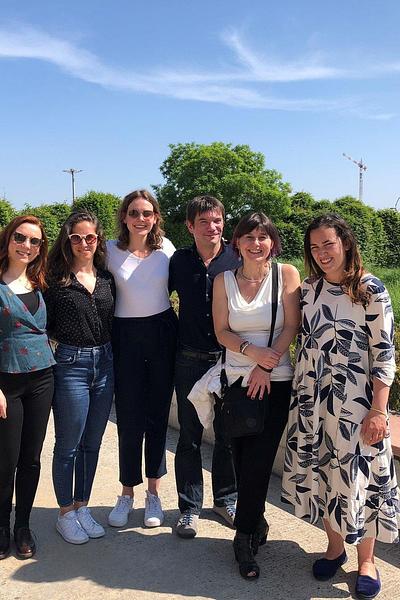
An event dedicated to teachers to exchange experiences and provide ideas on how to handle and promote multilingualism in classrooms
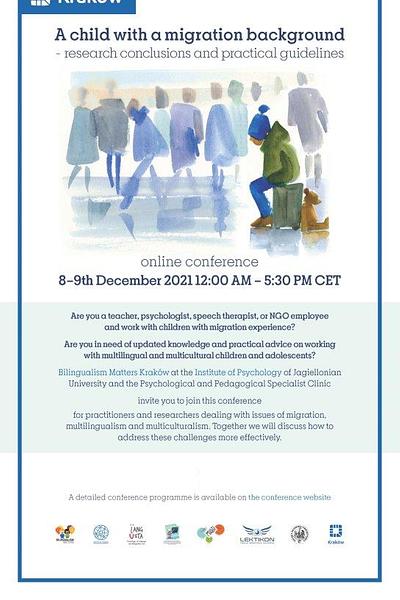
Conference on working with children from a migration background, with research conclusions and practical guidelines. In Polish.
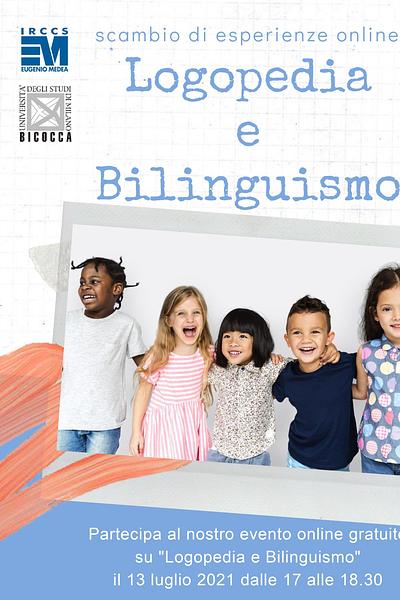
Open discussion about bilingualism dedicated to speech and language therapists
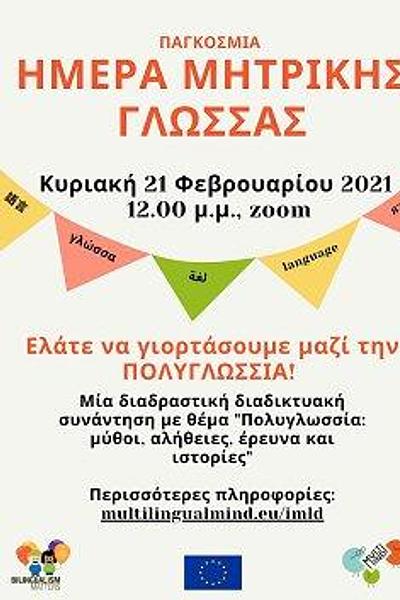
On the International Mother Language Day (21 February 2021), the MultiMind team together with different Bilingualism Matters branches are organising interactive online events on "Multilingualism: myths, facts, research, and stories".